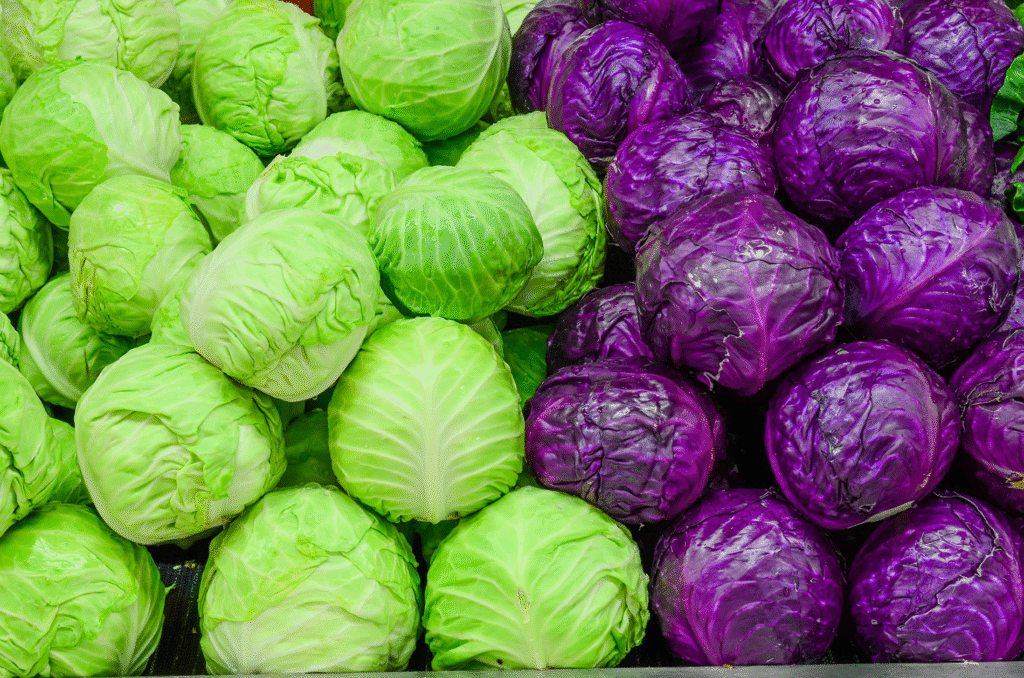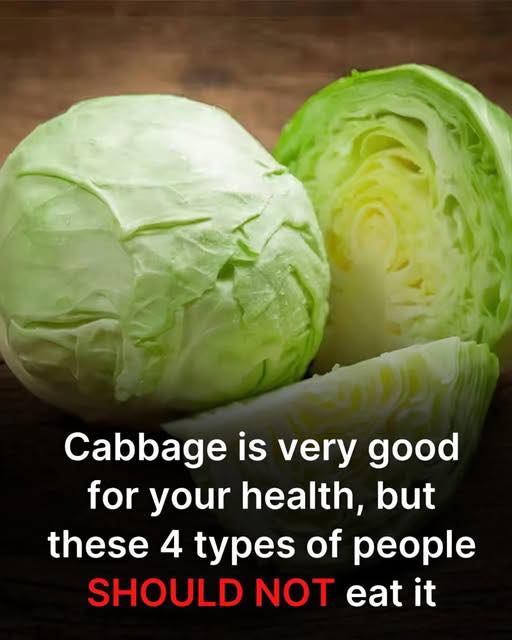Cabbage has long been a quiet hero of the kitchen. It’s budget-friendly, packed with nutrients, and shows up in everything from Sunday soups to holiday slaws. For many of us, cabbage was a staple growing up—a warm, fragrant reminder of family dinners and cozy kitchens.
But despite its well-deserved reputation as a healthy food, cabbage isn’t the best choice for everyone. In fact, for some older adults, cabbage may do more harm than good.
If you’ve got thyroid concerns, digestive sensitivities, or certain medical conditions, it might be time to take a second look at what’s on your plate.
Let’s explore the hidden side of this everyday vegetable—and why it might not be as universally “healthy” as we once believed.
Why So Many People Love Cabbage—and Why It’s Considered a Superfood

From crunchy coleslaws to slow-simmered stews, cabbage is one of those humble vegetables that always seems to find its way onto the table.
It’s high in vitamins A, B, C, E, and even P—a rare combination that supports your immune system, vision, blood vessels, metabolism, and even skin health. It’s low in calories, rich in fiber, and can be eaten raw, cooked, steamed, or pickled. No wonder it’s such a hit in cold-weather comfort dishes.
And let’s not forget the affordability. In today’s world, where grocery bills keep climbing, cabbage remains one of the most cost-effective ways to eat well on a budget.
